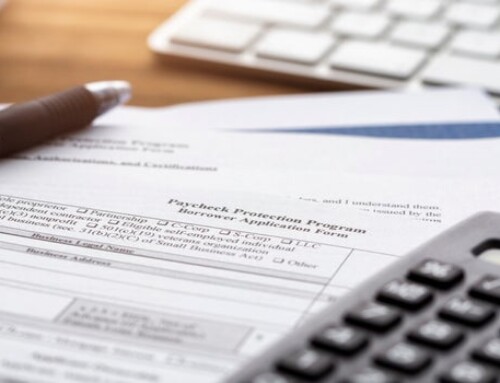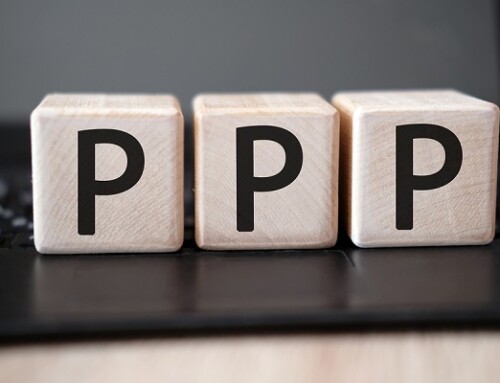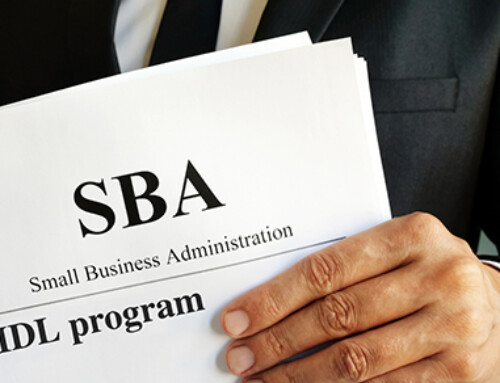Form 1099-K reports credit card sales to the IRS and also gives the IRS another audit weapon. The rules have now been around long enough to appear in court cases.
When lawmakers enacted the rules for the 1099-K, they stated that the reason for the new 1099-K was to improve “voluntary” compliance by business taxpayers and to help the IRS determine if business tax returns are correct and complete.
There’s little question that the 1099-K has improved and will continue to improve voluntary compliance because with the 1099-K weapon, the IRS now knows how much money businesses have collected with credit cards.
The 1099-K is sent to the business and also filed with the IRS by banks and other organizations that settle payment card transactions.
Businesses should receive 1099-Ks for debit, credit, and stored-value card transactions, although transactions handled by PayPal and other third-party payers are exempt if the payments are under $20,000 and there are fewer than 200 transactions during the year.
Form 1099-K reports the gross amount of transactions settled for the business during the prior year. It includes sales tax, shipping, and other fees or charges to the customer, as well as tips in the case of a bar or restaurant. The 1099-K does not include amounts that banks and credit processors charge the business for use of its merchant cards.
On your business tax return, your business may report credit card and other card receipts on a net basis. For example, say the gross receipts you report on your tax return don’t include sales taxes. But the 1099-K forms your business receives report the gross dollar amounts, and those amounts include the sales taxes.
This means that the IRS cannot verify whether the 1099-K amounts were properly reported on a business’s tax return without requesting additional information from the business. For that reason, the IRS developed a series of three letters. It sends one of the letters to businesses with smaller-than-expected income based on its analysis of Form 1099-K.
For us, this means we should get together and review your books to see what we can do to reduce the likelihood of receiving one of those three IRS letters asking about your 1099-Ks.





